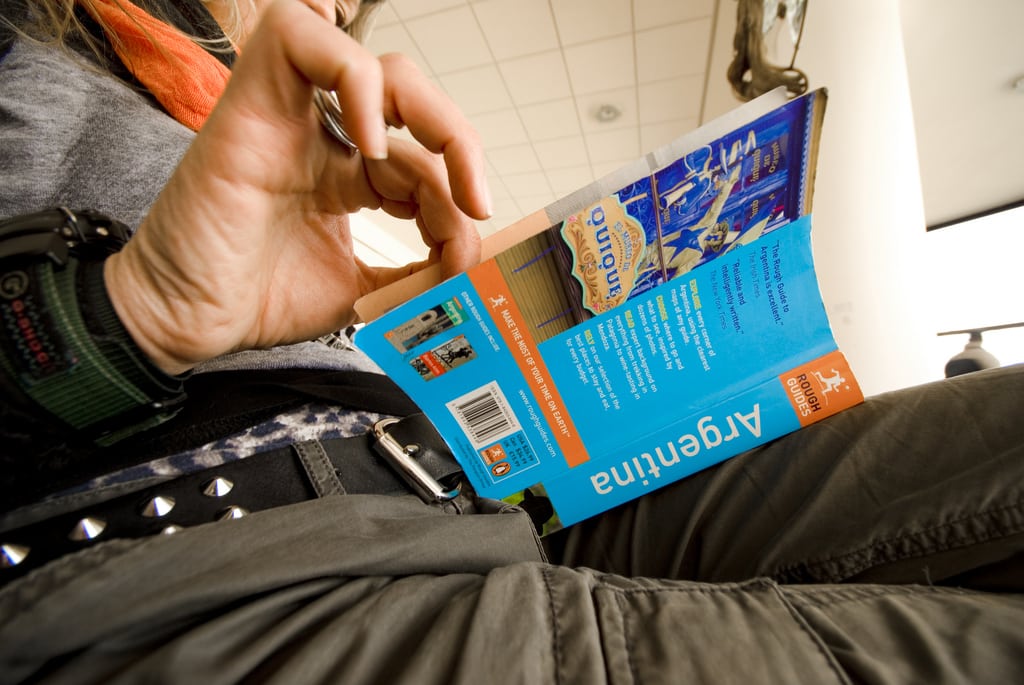Travelers Visit 38 Sites Before Booking a Vacation, Study Says

Skift Take
In the wrong hands, studies like this will encourage people to launch trip-planning startups. History demonstrates that's not the best idea.
Some people truly enjoy planning a vacation, with all the excitement about choosing a destination, a place to stay, and what to do once you get there. But, for many travelers, trip-planning is considered a giant pain in the butt.
Along those lines, consider the results of a new Expedia Media Solutions study, performed in collaboration with Compete. The study found that travelers who visited a destination marketing organization (DMO) site, such as VisitBritain, within the 45 days prior to booking a vacation package on an online travel agency site, made 38 visits to travel sites before purchasing the vacation package.
This is the impetus behind the efforts of the Hoppers of the world, and similar trip-planning startups that have come (and fallen) before. But the failure of one after another of these trip-planning sites leaves open

